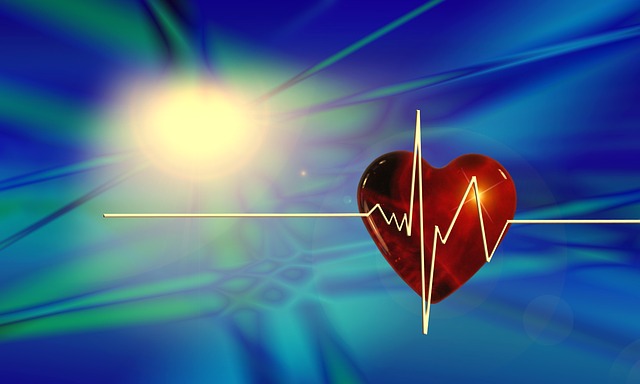For years and even still today many doctors will not prescribe testosterone to men with low testosterone levels because they believe it will increase the risk of prostate cancer. This is the medical dogma that has never been based on science. It comes from the observation that prostate cancers have testosterone receptors and if these people receive testosterone their cancer will grow. That is not the same, however, as testosterone causing prostate cancer. There have been no studies that show that testosterone causes prostate cancer.
Most prostate cancer occurs at an older age precisely when testosterone levels are low. This has led to the postulation that low levels of testosterone may be associated with the development of prostate cancer. There is some research that indicates that this may be the case. The thinking is that the prostate is dependent on normal levels of testosterone to promote prostate health. This makes sense considering normal prostate cells have testosterone receptors and respond normally to testosterone stimulation.
One theory about prostate cancer development is that it is due to a genetic defect in the testosterone receptor that actually initiates the cancerous change to occur.
Other research shows an increase in obesity and type 2 diabetes with low testosterone levels due to the loss of muscle mass associated with lower anabolic hormone levels. The reason for this is that muscle burns 80% fat at rest so the smaller your muscle mass, the less fat you burn. Muscle is the primary store of blood sugar for energy use during the day. If you have a lower muscle mass, this contributes to what is known as insulin resistance and eventually type 2 diabetes. So, testosterone is essential for healthy muscle.
Testosterone is also a coronary artery vasodilator and there are multiple studies that point to healthy levels of testosterone contributing to heart health.
Low testosterone levels are also associated with a host of other symptoms in men (and women): erectile dysfunction (arousal disorder in women), decreased sex drive, depression, brain fog (difficulty with memory & concentration), decreased energy & fatigue, weakness, decreased motivation & diminished competitiveness (both important for the workplace), irritability, bone loss and a number of other symptoms and conditions.
In addition, many if not all these symptoms are improved if testosterone levels are optimized with Testosterone Replacement Therapy (TRT).
The body is designed to function at its best when testosterone levels are optimal. why would the prostate be any different? Low testosterone may in fact be a risk factor for the development of prostate cancer.
There are even ongoing studies for testosterone replacement in men whose prostate cancer has previously been successfully treated in order to improve quality of life and this may even turn out to possibly prevent new prostate cancer. We will have to wait to see if this is the case.
If you have low testosterone or symptoms of low testosterone call St. Petersburg Health & Wellness 727.202.6807 to be evaluated for TRT.




0 Comments